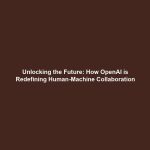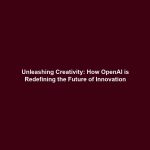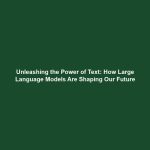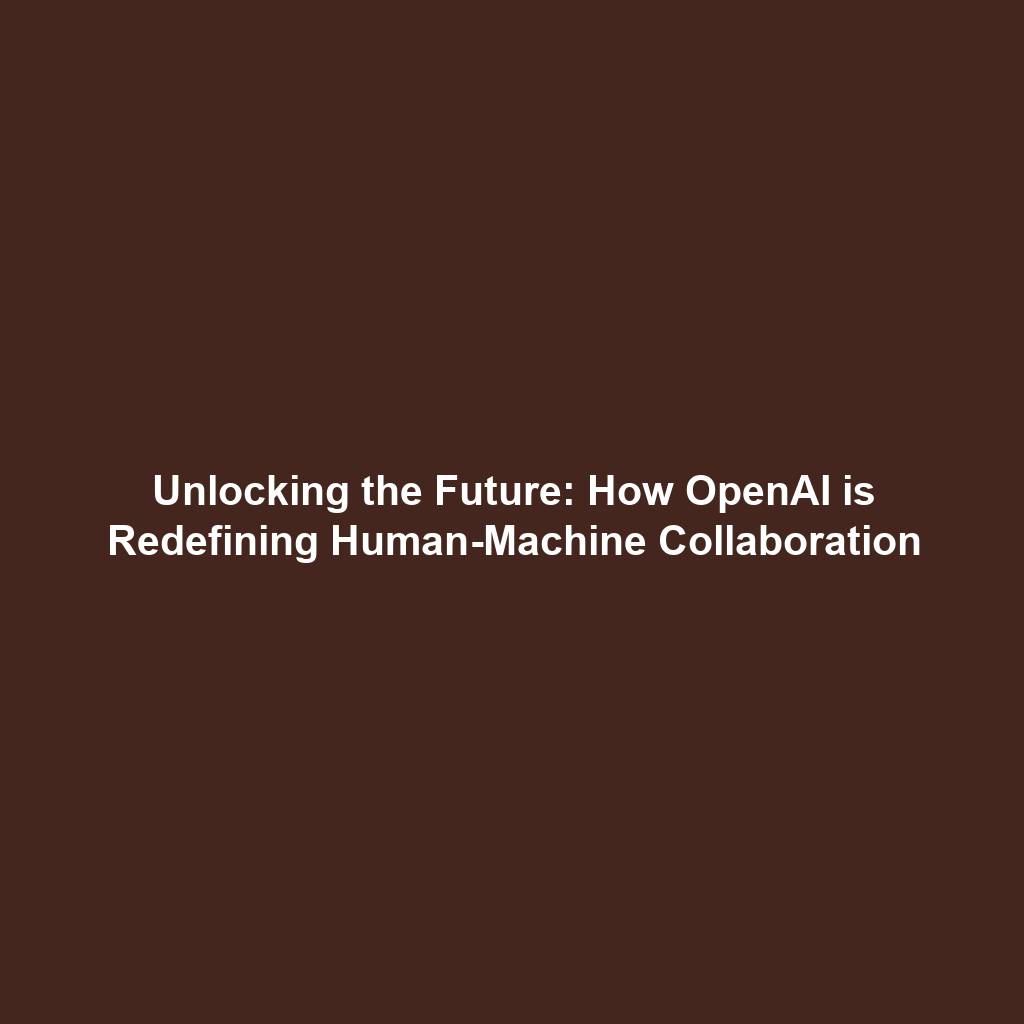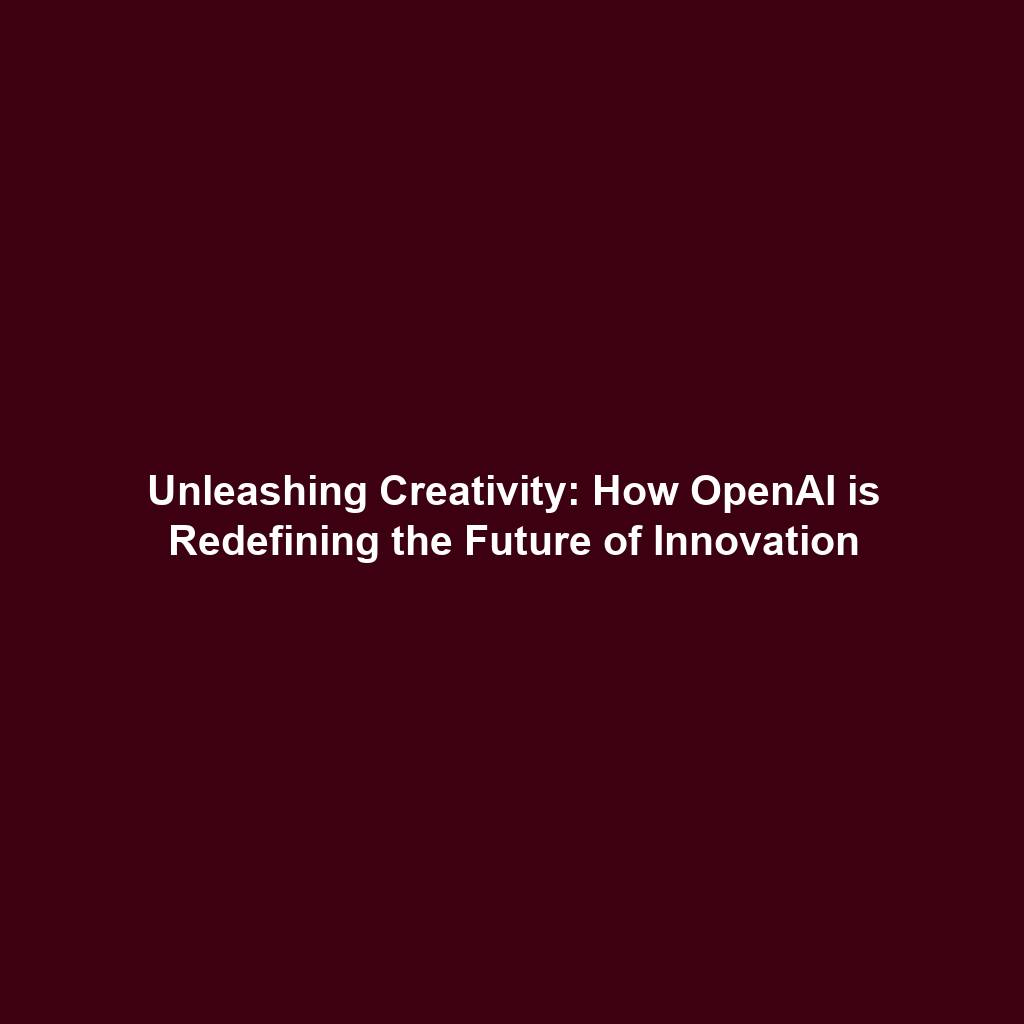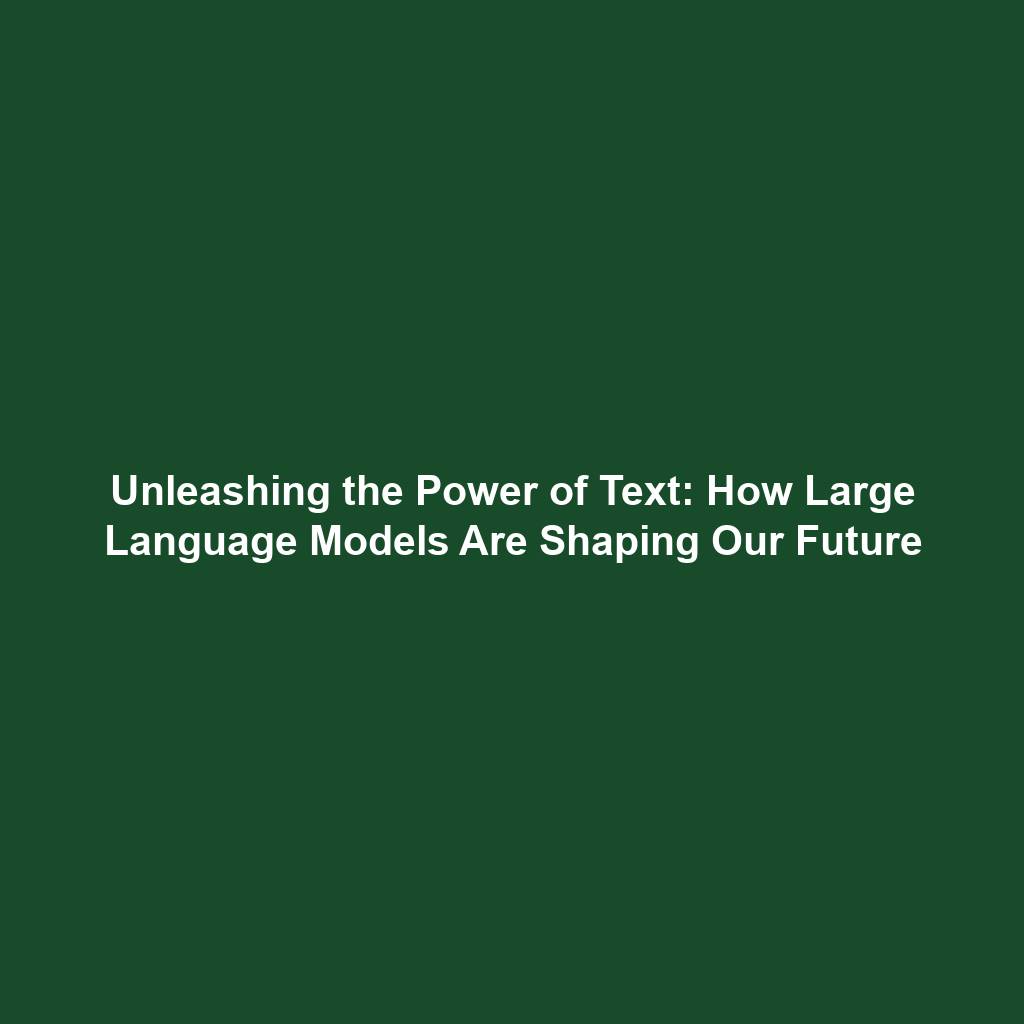Elon Musk’s Dad: ‘We Never Saw’ Oppression During Apartheid – A Deep Dive into Familial Narrative and Systemic Privilege on the Eve of CNN Broadcast

The perennial public interest surrounding the personal history and ideological underpinnings of technology magnate Elon Musk has been reignited by a series of recent, deeply controversial statements from his father, Errol Musk. As of November 15, 2025, media coverage is focused intently on excerpts from an upcoming CNN investigation by correspondent Donie O’Sullivan, scheduled for broadcast on November 16, 2025, which features Errol Musk defending the final years of apartheid South Africa and framing the systemic racial oppression of that era as a non-event from his privileged vantage point. This commentary, coming from a direct and influential relative, forces a critical re-examination of the narrative of wealth, entitlement, and historical perspective that has long shadowed the industrialist’s ascent.
The Defense of Personal Experience and Family Narrative
Errol Musk’s recent public commentary, particularly through the forthcoming CNN special, functions on two parallel tracks: defending his own experience living under apartheid and, by extension, shaping the context in which his son’s own public stances—particularly regarding diversity and equity initiatives—are perceived. This defense often seeks to sanitize the environment of the children’s upbringing, creating a personal bubble of innocence that critics argue deliberately ignores the state-sanctioned brutality surrounding them.
The Assertion of a “Well-Run, Law-Abiding Country”
In recollections pertaining to the period when Elon Musk and his brother were raised, Errol Musk has consistently characterized South Africa under apartheid as a “well-run, law-abiding country with virtually no crime at all”. This assertion stands as a striking historical revisionism when juxtaposed against the well-documented reality of a totalitarian, white-minority regime that enforced rigid racial segregation, systematically disenfranchised and impoverished the Black majority, and employed state violence to maintain order.
This nostalgic framing does more than merely recount a personal memory; it prioritizes a superficial, class-based perception of “order and stability” over the fundamental principles of justice and human rights that the system brutally denied to the majority of the population. The implication is a deeply ingrained belief that the legal framework of apartheid, despite its overtly discriminatory foundation, constituted a *functional* society for its beneficiaries, thereby excusing its fundamental immorality. Furthermore, in the context of his remarks on shifting U.S. demographics, Errol Musk explicitly linked the perceived success of the apartheid era—which he claims to have witnessed only in terms of order—to the maintenance of white dominance, suggesting a worldview that equates white cultural projection with societal functionality.
The Role of Domestic Staff in Mitigating Perceived Political Awareness
To directly counter any suggestion that his son might harbor racist views or be fundamentally hostile to contemporary concepts such as diversity, equity, and inclusion (DEI), Errol Musk frequently pivots to the family’s domestic arrangements. He has claimed that his children were characterized by a lack of interest in “political nonsense” during their formative years and fostered good relationships with their Black domestic helpers.
A specific, repeated claim is that “We had several black servants who were their friends”. This line of defense attempts to deploy isolated, one-on-one relationships as a shield against the overwhelming structural reality of a pervasive, state-enforced system of racial hierarchy. The argument implicitly suggests that the personal bonds formed in a master-servant dynamic within a wealthy white household can somehow negate the national, systemic inequality that defined the entire South African experience for millions. Critics note that this defense strategically ignores the inherent power imbalance of the employment relationship under apartheid, which was itself codified by racist laws. In interviews released in early 2025, Errol even offered to bet a significant sum of money against the existence of racism in modern South Africa, further cementing this perspective of personal, insulated observation overriding systemic analysis.
Financial Underpinnings and The Family’s Privileged Ecosystem
The context of the Musk family’s significant wealth and privileged lifestyle during the apartheid years has inevitably resurfaced in the wake of Errol Musk’s latest statements, providing a crucial material foundation for understanding the “bubble” in which the children were raised. This element of the narrative speaks directly to the source of the economic insulation that critics argue rendered systemic struggle conceptually foreign to the younger Musk generation.
Acknowledgment of Unregistered Resource Extraction Activities
A pivotal, recurring element in the narrative surrounding the family’s wealth is Errol Musk’s public acknowledgment of his involvement with an unregistered emerald mine in Zambia during the apartheid era. This admission is highly significant as it reveals a method of wealth accumulation that operated explicitly outside, or perhaps in parallel to, the regulated economy of the time, suggesting operations conducted with a level of opacity and risk that only wealth could sustain.
While the precise legitimacy and ownership structure of the mine have been subjects of fluctuating claims—with Elon Musk himself having publicly denied the mine’s existence as recently as 2023, offering a cryptocurrency bounty for proof—Errol’s consistent assertions about its existence reinforce the narrative of a family operating with substantial, perhaps even loosely acquired, economic resources. Furthermore, biographer Walter Isaacson has reportedly provided context suggesting Errol acquired emeralds via a handshake deal for an aircraft, with the business remaining unregistered and “under the table”. This reality underscores a capacity for generating capital that significantly insulated the family from the financial realities and economic disenfranchisement faced by the vast majority of South Africans.
Sustaining Life Through The Collapse of The Old Order
In explaining the purpose of this mining venture, Errol Musk has reportedly stated that the operation “helped me and my two boys sustain ourselves during the collapse of Apartheid” in South Africa. Whether intended as a straightforward statement of fact or a retrospective justification for extreme measures taken during political turbulence, this comment powerfully underlines the family’s ability to secure and potentially expand their financial future even as the political structure that underpinned their initial advantage was dissolving.
This narrative thread highlights a theme of economic resilience predicated on access to capital, allowing for a detachment from the widespread social upheaval and subsequent challenges that faced the wider population during the political transition to majority rule. It suggests an early-stage lesson in economic self-sufficiency rooted in extraordinary privilege, a financial foundation that contrasts sharply with the narrative of hardship Elon Musk himself has occasionally alluded to, which his father disputes.
The Echoes of Entitlement: External Analysis of Upbringing
The narrative constructed through Errol Musk’s interview—juxtaposed with the family’s financial history—has been subjected to intense critical examination through the lens of the Musk children’s upbringing. This analysis focuses critically on how extreme, inherited privilege shapes an individual’s foundational perception of societal structures and systemic injustice.
Testimonies Describing a Shielded Childhood Environment
Commentary from individuals who shared formative years with the billionaire has become central to contextualizing the father’s worldview and its potential inheritance. Most prominently, former schoolmate Rudolph Pienaar has offered observations that frame the younger Musk’s youth within a stark “bubble of entitlement”. This perspective posits that the insulation provided by the family’s economic standing and dominant societal position was so comprehensive that it acted as an active impediment to understanding concepts like systemic discrimination and oppression.
Pienaar’s description suggests an environment meticulously structured to support and enhance the family’s elite status, rendering any form of external struggle or societal friction conceptually foreign to its inhabitants. This narrative echoes in contemporary analyses, where critics argue that the privileged environment created a cognitive shield, making the reality of widespread structural disadvantage invisible to those within the bubble.
The Correlation Between Entrenched Privilege and Historical Blindness
Pienaar has further elaborated that this intensely protected upbringing made it profoundly difficult for the younger Musk to truly “conceive of systematic discrimination and struggle because that’s not his experience”. The analysis stemming from these testimonies posits a direct correlation: the more entrenched the privilege, the less accessible the reality of pervasive societal struggle becomes.
A particularly potent observation made by commentators in 2025 is that the industrialist’s current existence—characterized by immense wealth and an environment seemingly engineered to sustain his successes—in some ways mirrors the hierarchical structure he experienced during the final, privileged years of the apartheid system. This suggests that the operative worldview fostered in a wealthy South African household during that era may have been unconsciously transposed onto modern corporate and socio-political frameworks, explaining certain ideological inclinations that have emerged in Musk’s public life over the 2023-2025 period.
Broader Ramifications for Family Legacy and Public Perception
The impact of such candid and controversial admissions from a direct relative, made public on a global platform like CNN, invariably extends beyond the immediate context of the interview, creating significant ripples that affect the public image and ongoing narrative surrounding Elon Musk and his expansive business ventures. The story becomes seamlessly integrated into the evolving, complex chronicle of his public persona, forcing a renewed reckoning with the weight of his origins.
The Complicated History of Distancing from Familial Controversies
This recent episode is far from an isolated incident; the industrialist has a documented history of public dissonance regarding his father’s controversial past actions and statements. Search result analysis points to a pattern where, following earlier scrutiny over the emerald mine—initially acknowledged by Elon in 2014—he later issued denials on social media, insisting there was “no evidence whatsoever of an ’emerald mine'”. His mother, Maye Musk, has also publicly stated that an emerald mine would have prevented financial hardship during their early years.
This new wave of controversy, stemming from the CNN interview, compels a renewed public examination of the limits of a public figure’s ability to effectively separate themselves from the documented views and history of their immediate family, especially when those views are broadcast internationally and touch upon foundational, sensitive historical narratives like apartheid. Even as Elon Musk has publicly labeled his father a “terrible human being”, the very act of defending his son on the grounds of having “Black servants” as friends serves to keep the family’s controversial past central to the public discourse surrounding the billionaire.
The Enduring Interest in Developments Related to the Musk Sector
The entire developing saga, from the initial highly publicized quote in the CNN preview to the subsequent analysis concerning privilege, historical revisionism, and ideological alignment, confirms its status as a major item within the coverage of the so-called “elon musk sector”. The sustained, intense public and media interest is predicated on the belief that these articulated ideological foundations—even when voiced by a relative—carry broader, unstated implications for the corporate philosophies, governance styles, and political stances adopted by the prominent figures they are related to.
Analysts are closely tracking how these revelations might influence public trust in Musk’s various enterprises, from the trajectory of X (formerly Twitter) to the public reception of Tesla and SpaceX innovations. The developments surrounding Errol Musk’s interview, being one of the most recent and explosive, are undoubtedly positioned as critical data points in shaping the public perception of the Musk family’s foundational narratives as of late 2025. The consistent pattern of controversial pronouncements from the elder Musk serves as a recurring, unwelcome touchstone against which the public and stakeholders measure the ethical and social context of his son’s global influence.
